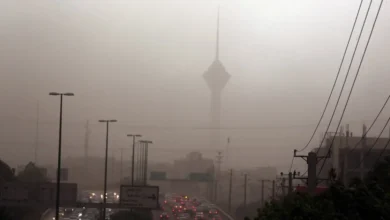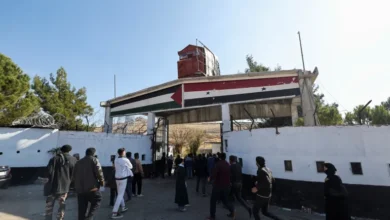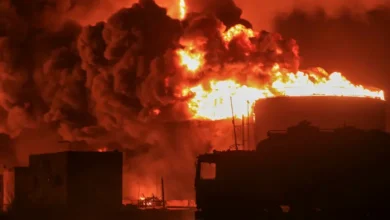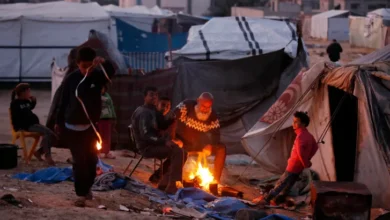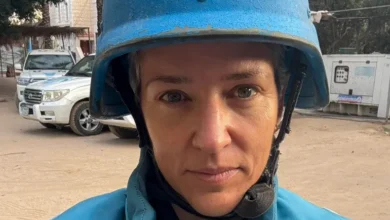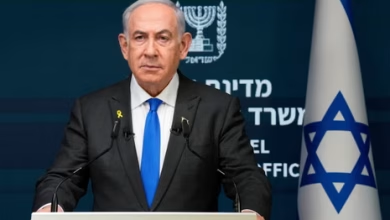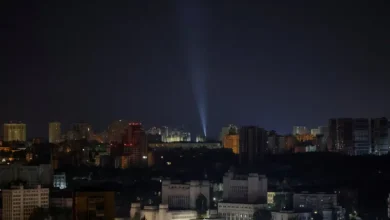HRW’s 2023 report finds hope amid ‘litany of human rights crises’
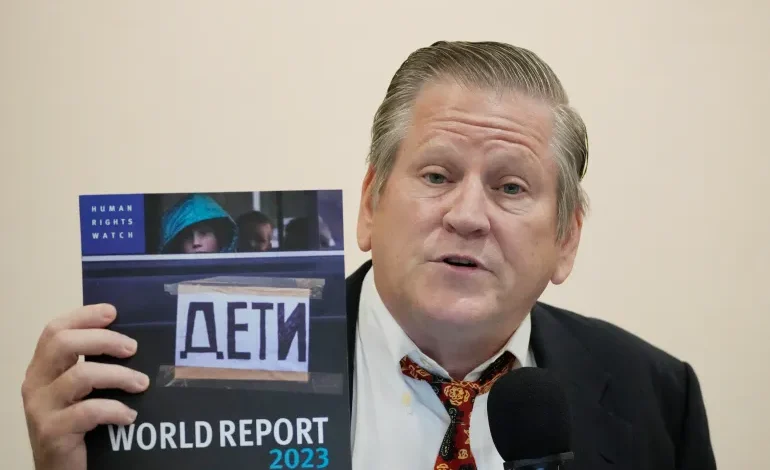
Authoritarianism across the world is leading to a “sea of human suffering”, Human Rights Watch has said in its annual world report (PDF) on human rights in more than 100 countries and territories.
But while a “litany of human rights crises” emerged over the past year, 2022 also presented new opportunities to strengthen protections against violations, the watchdog said on Thursday.
HRW’s deputy Asia director told Al Jazeera the 712-page report put a spotlight on the deterioration of civil liberties for women and girls in Afghanistan, as well as human rights in war-torn Ukraine, and that governments around the world were called to do more to uphold civil liberties.
“Governments in Latin America, Africa, the Middle East also have to step up and recognise that they have an important role in promoting human rights,” Phil Robertson said.
The report highlighted grave violations of international humanitarian law in Ukraine, where Kyiv and Moscow “at times used schools for military purposes” and mistreated prisoners of war.
In occupied areas, “Russian or Russian-affiliated forces committed apparent war crimes, including torture, summary executions, sexual violence, and enforced disappearances”, it added.The organisation hailed the international response to Russia’s invasion of Ukraine – which saw a broad group of nations impose wide-ranging sanctions while rallying to Kyiv’s support – and urged governments to “replicate the best of the international response in Ukraine” and “scale up the political will to address other crises”.
It also called on the international community to “reflect” on what would have happened if they had made a “concerted effort” to call Russian President Vladimir Putin to account earlier over military intervention in Syria and Ukraine and his crackdown on human rights in Russia.
Among other crises to have emerged in 2022, the New York-based organisation highlighted the demonstrations in Iran that erupted in mid-September when Mahsa Amini died after being arrested by the country’s morality police, as well as protests in Sri Lanka that forced the government to resign.
In China, HRW said the United Nations and others increased focus on the treatment of Uighurs and Turkic Muslims in the Xinjiang region has “put Beijing on the defensive” internationally, while domestic protests against the government’s “zero-COVID” strategy also included broader criticism of President Xi Jinping’s rule.
One of the greatest humanitarian crises continues to be in Myanmar, where the military seized power in February 2021 from the elected government of Aung San Suu Kyi and since then has brutally cracked down on any dissent.
HRW said peace attempts by Myanmar’s neighbours in the Association of Southeast Asian Nations (ASEAN) have failed, and that aside from barring the country’s military leaders from its high-level meetings, the bloc has “imposed minimal pressure on Myanmar”.
Meantime, the report added, “other powerful governments, including those of the US and UK, hide behind regional deference to justify their own limited action” towards Myanmar.
“Autocrats rely on the illusion that their strong-arm tactics are necessary for stability, but as brave protesters around the world show time and again, repression is not a shortcut to stability,” the group’s acting executive director, Tirana Hassan, said in the preface to the report.
“All governments should bring the same spirit of solidarity to the multitude of human rights crises around the globe, and not just when it suits their interests.”

